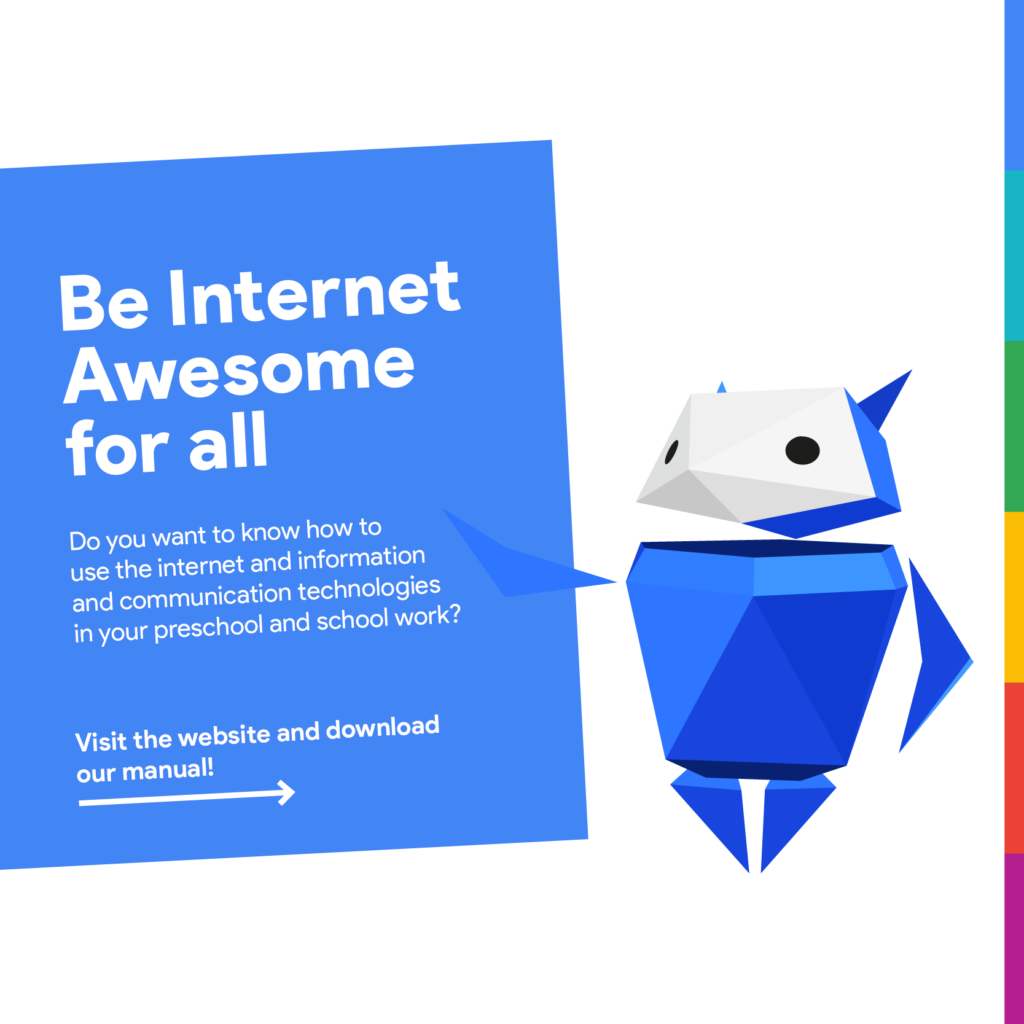Children with Intellectual Disabilities and ICT
Intellectual disability, or general learning disability, involves deficits in cognitive and adaptive functioning such as understanding concepts, social functioning and practical skills. These problems occur during the developmental period (most often, it is assumed to be before 18 years of age). Intellectual disability is defined by an IQ below 70. Young people with intellectual disability constitute a very diverse community.

Students with Intellectual Disability and the Internet
People with disabilities, especially those with intellectual disability, are at risk of digital exclusion. Although the use of the Internet is increasingly widespread in this group, the differences – compared to the rest of society – are still significant. Research shows that compared to peers without disabilities, fewer young people with intellectual disability use the Internet, but they do use it similarly. Teenagers with intellectual
disability search for information online almost6 times less often than those without such a disability.
Risks and Opportunities
One threat is the Problematic Use of the Internet. It may be a behaviour that is compensatory in character and may be a symptom of other difficulties (e.g., mental health issues) and a harmful way of coping with offline experiences. Internet use, and especially the use of social media, can lead to difficult and often unforeseen situations.
When it comes to young people with intellectual disability, the most recognizable risk is becoming involved in conventional and online bullying.
For people with disabilities, having more control over their own circumstances, autonomy and ability to participate in society are of great importance.
Internet use can also contribute to empowerment in various dimensions:
- Individual
- Interpersonal
- Group
- Civic
Recommendations
- Online experiences are closely related to traditional functioning.
- Bolstering the self-esteem of students with intellectual disability and showing them respect helps protect them from both offline and online threats. It protects them against seeking attention and social acceptance in negative groups, which can have a negative impact. The same applies to supporting peer relationships.
- Starting with cyberbullying as one of the most commonly identified risks, its victims with intellectual disability do not always reveal the perpetrators.

